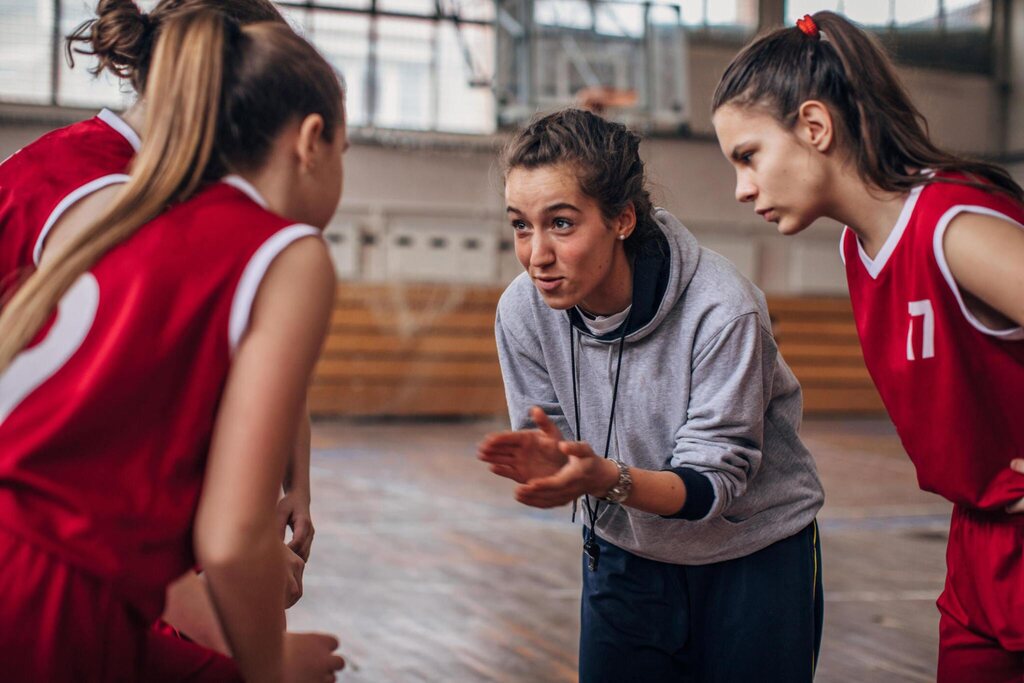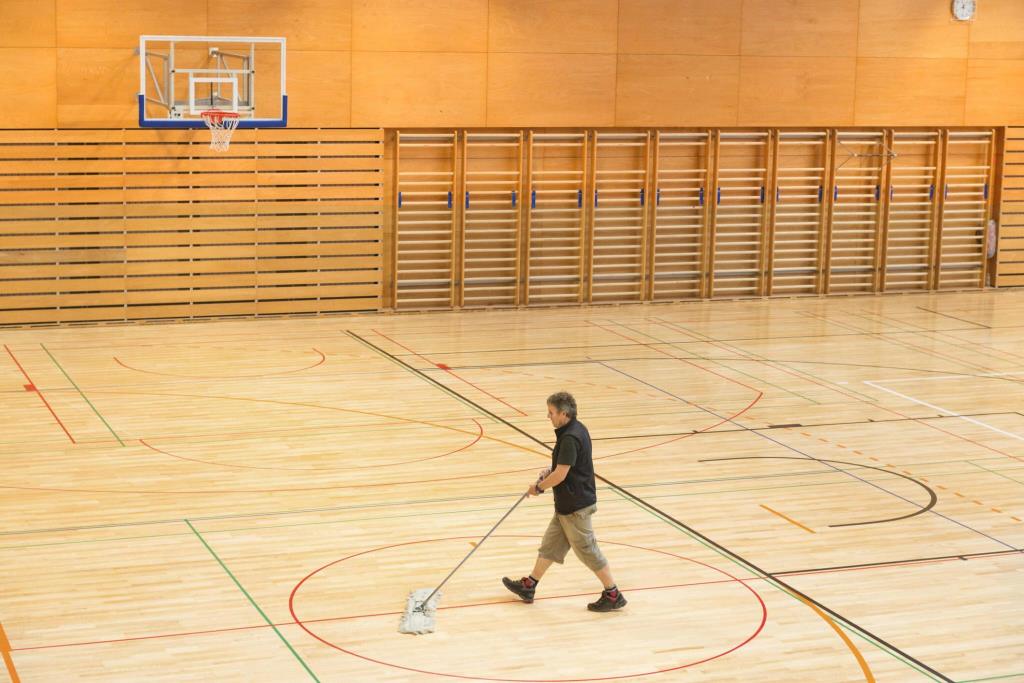Sports have long been regarded as a domain where the pursuit of excellence, fair play, and athletic achievement converge. However, beneath the surface of this seemingly harmonious arena lies a complex web of issues ranging from discrimination and exploitation to the infringement of basic human rights.
In recent years, the role of human rights lawyers in addressing these challenges and reshaping sports policies has gained prominence. This article delves into the significant impact these legal professionals have had on the world of sports, examining key cases, initiatives, and the evolving landscape of sports governance.
The Intersection of Human Rights and Sports
At its core, the world of sports embodies values such as inclusivity, equality, and respect. Athletes, regardless of their background or identity, are celebrated for their talent and dedication on the field. However, the reality often diverges from this idealized image.
Discrimination based on factors such as race, gender, sexual orientation, and disability continues to plague the sporting world, manifesting in various forms such as unequal pay, lack of opportunities, and systemic barriers.
Addressing Discrimination and Inequality
Human rights lawyers play a pivotal role in challenging discriminatory practices within sports organizations and advocating for policies that promote equality and inclusion.
One notable example is the case of Caster Semenya, the South African middle-distance runner whose eligibility to compete in women’s events was called into question due to her naturally high levels of testosterone. Semenya’s legal battles brought to light the complexities of gender identity and the need for nuanced policies that respect athletes’ rights while ensuring fair competition.
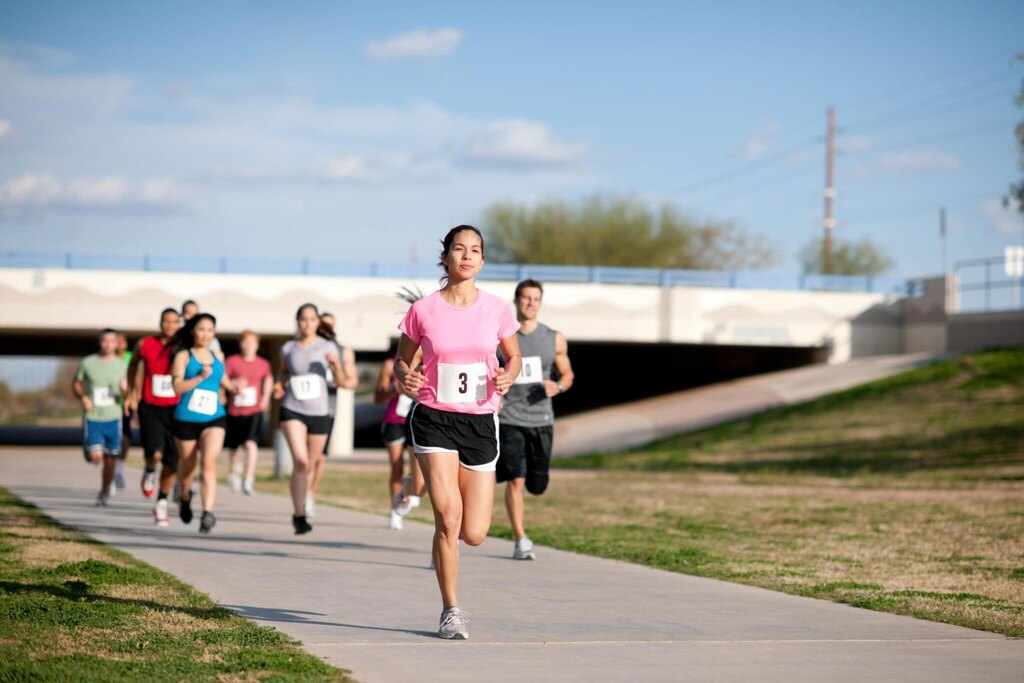
Tackling Exploitation and Abuse
Beyond issues of discrimination, human rights lawyers also confront instances of exploitation and abuse within the sports industry.
From the exploitation of young athletes in youth academies to the prevalence of harassment and misconduct within professional leagues, these legal professionals work to hold perpetrators accountable and establish safeguards to protect athletes’ well-being.
Collaboration and Collective Action
While human rights lawyers play a crucial role in advocating for change within the sports industry, their efforts are amplified through collaboration with athletes, advocacy groups, and other stakeholders.
By joining forces with individuals and organizations committed to advancing human rights in sports, legal professionals can leverage collective expertise and resources to drive meaningful reform.
Empowering Athlete Activism
Athletes wield significant influence both on and off the field, making them powerful agents of change in the realm of sports advocacy. Menneskerettighetsadvokat Oslo provides crucial support and guidance to athlete activists, helping them navigate legal complexities and amplify their voices on issues ranging from racial justice to LGBTQ+ rights.
Strengthening Accountability Mechanisms
Effective sports governance requires robust accountability mechanisms that hold organizations accountable for upholding human rights standards. Human rights lawyers play a vital role in pushing for transparency, oversight, and accountability within sports organizations, whether through litigation, advocacy campaigns, or policy initiatives.
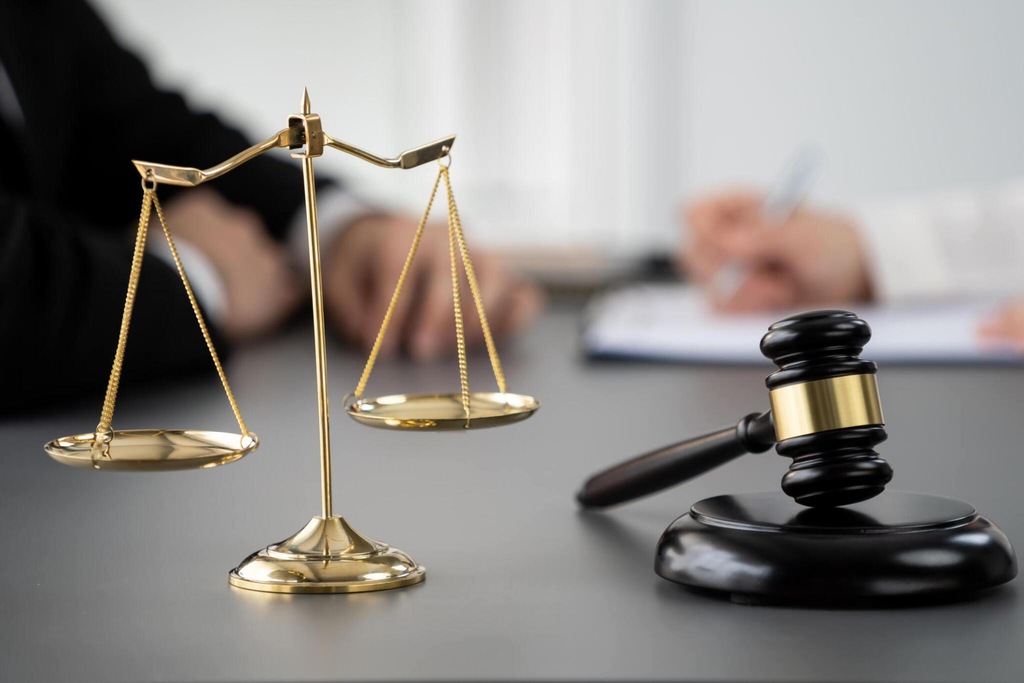
Landmark Cases and Legal Precedents
The pursuit of justice within the realm of sports often relies on landmark legal cases that set precedents and reshape the landscape of sports governance. These cases not only highlight the power of legal advocacy but also underscore the complexities inherent in balancing the interests of athletes, governing bodies, and broader societal values.
Bosman Ruling: Revolutionizing Player Transfers
One of the most influential cases in the realm of sports law is the Bosman ruling, named after Belgian footballer Jean-Marc Bosman. In 1995, the European Court of Justice ruled in favor of Bosman, striking down restrictions on the movement of players within the European Union.
This landmark decision not only transformed the dynamics of player transfers but also paved the way for greater freedom and mobility for athletes across borders.
The Fight for Gender Equity
Gender equity has been a longstanding issue in sports, with female athletes often facing disparities in opportunities, resources, and recognition compared to their male counterparts.
Human rights lawyers have been at the forefront of legal battles to challenge these inequities, whether through Title IX litigation in the United States or landmark cases such as the United States Women’s National Soccer Team’s fight for equal pay.
The Future of Sports Governance
As the world of sports continues to evolve, the role of human rights lawyers in shaping policies and practices is likely to become increasingly prominent.
From addressing emerging challenges such as the impact of technology on athlete privacy to advocating for environmental sustainability in sports events, the intersection of human rights and sports law will remain a dynamic and evolving field.
Harnessing Technology for Good
Advancements in technology have transformed every aspect of the sports industry, from athlete performance analysis to fan engagement. However, these innovations also raise important ethical and human rights considerations, particularly concerning data privacy, surveillance, and athlete well-being.
Human rights lawyers are instrumental in ensuring that technological advancements in sports are deployed responsibly and ethically, with due regard for athletes’ rights and dignity.
Promoting Social Justice and Sustainability
In an era marked by growing social consciousness and environmental awareness, sports organizations face increasing pressure to prioritize social justice and sustainability in their operations.
Human rights lawyers can play a pivotal role in advocating for policies that promote fair labor practices, environmental stewardship, and community engagement within the sports industry, thereby aligning athletic pursuits with broader principles of social responsibility.
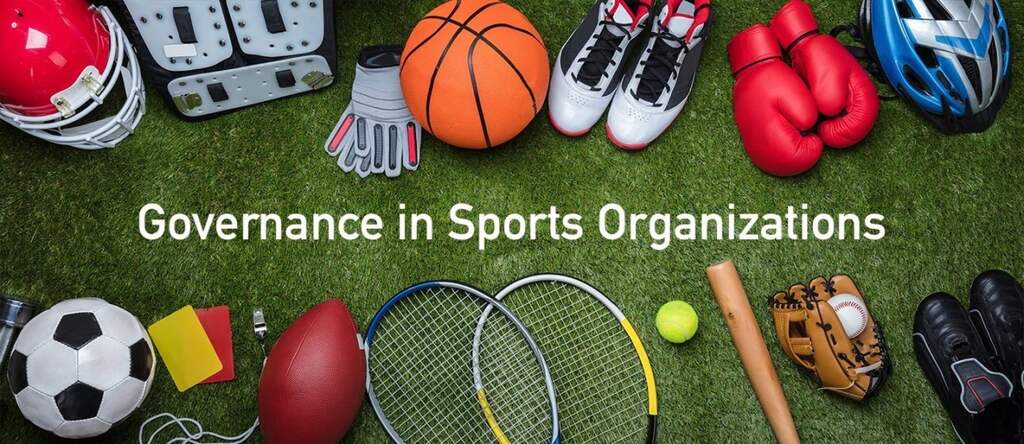
Conclusion
The intersection of human rights and sports represents a powerful nexus where advocacy, activism, and legal expertise converge to drive positive change. Human rights lawyers, with a deep commitment to justice and equality, are reshaping the policies, practices, and culture of sports, ensuring that they uphold athletes’ rights and preserve the values of fairness, respect, and inclusivity.
As we look to the future, it is clear that the influence of these game changers will continue to shape the trajectory of sports governance, fostering a more equitable and inclusive athletic landscape for generations to come.
